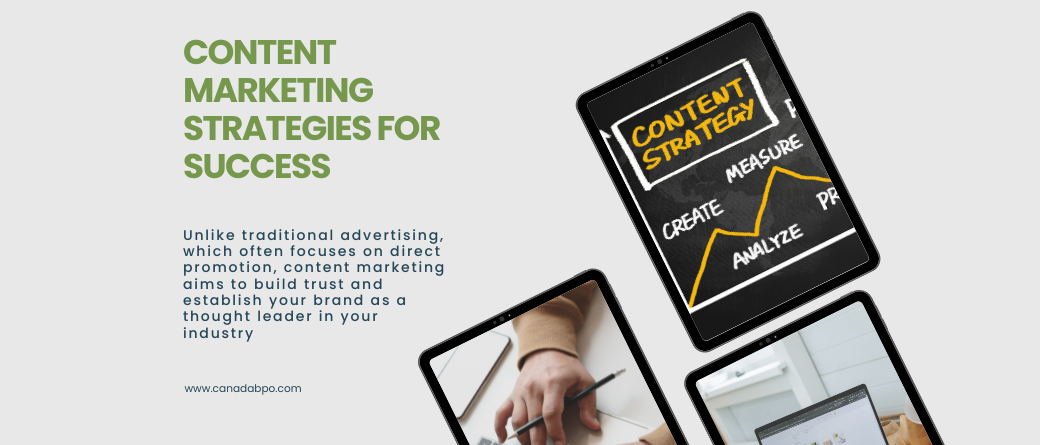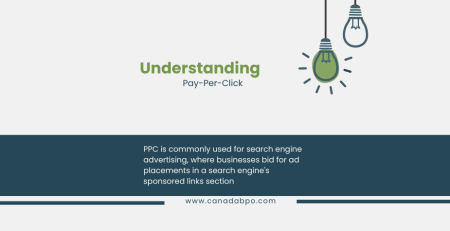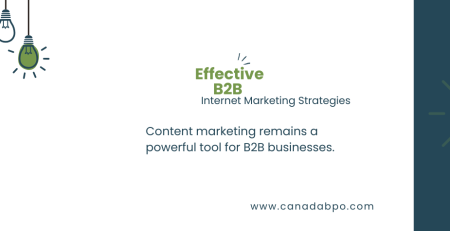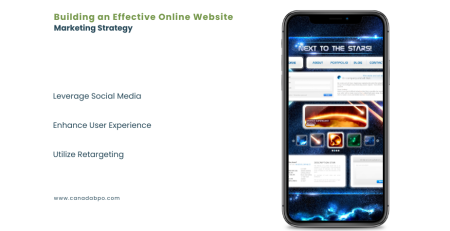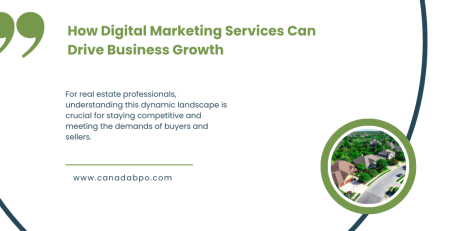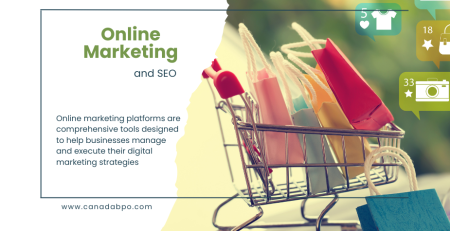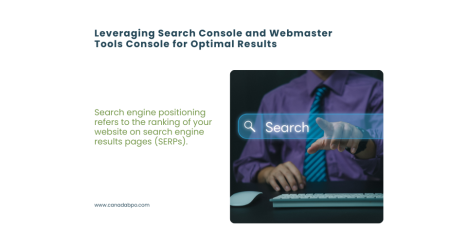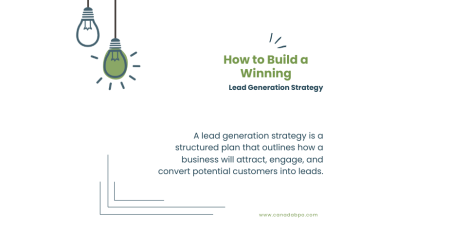In the rapidly evolving digital landscape, content marketing has emerged as a cornerstone of effective online strategies. From engaging blog posts to compelling social media updates, content marketing is essential for attracting, retaining, and converting your audience. In this blog post, we’ll delve into what content marketing is, why it’s crucial for your business, and how to develop and execute a successful content marketing strategy.
What is Content Marketing?
Content marketing involves creating and distributing valuable, relevant, and consistent content to attract and engage a clearly defined audience. The goal is to drive profitable customer action by providing information that addresses your audience’s needs and interests. Unlike traditional advertising, which often focuses on direct promotion, content marketing aims to build trust and establish your brand as a thought leader in your industry.
Why Content Marketing Matters
- Builds Brand Authority High-quality content helps establish your brand as an authority in your field. By sharing valuable insights and expertise, you position your business as a trusted source of information, which can enhance your credibility and reputation.
- Enhances Audience Engagement Engaging content captures your audience’s attention and encourages interaction. Whether through blog comments, social media shares, or email responses, content marketing fosters a two-way dialogue with your audience, building stronger relationships and increasing engagement.
- Drives Organic Traffic Well-optimized content can improve your search engine rankings and drive organic traffic to your website. By targeting relevant keywords and providing valuable information, you increase your chances of appearing in search results and attracting potential customers.
- Supports Lead Generation Content marketing is a powerful tool for generating leads. By offering valuable resources such as eBooks, whitepapers, or webinars, you can capture contact information and nurture leads through targeted follow-up campaigns.
- Boosts Conversion Rates Compelling content can guide potential customers through the buyer’s journey and drive conversions. By addressing pain points, providing solutions, and highlighting benefits, you increase the likelihood of turning prospects into paying customers.
- Cost-Effective Marketing Compared to traditional advertising methods, content marketing can be more cost-effective. Creating and distributing content often requires fewer resources than paid advertising, and the long-term benefits of organic traffic and audience engagement can offer a high return on investment.
Strategies for Effective Content Marketing
To develop a successful content marketing strategy, consider the following key strategies:
- Define Your Target Audience Understanding your target audience is crucial for creating relevant and engaging content. Develop detailed buyer personas that outline your audience’s demographics, interests, pain points, and preferences. This information will guide your content creation and ensure it resonates with your audience.
- Set Clear Goals and Objectives Establish clear goals for your content marketing efforts. Whether you aim to increase brand awareness, generate leads, or drive website traffic, having specific objectives will help you measure success and stay focused on your key priorities.
- Create a Content Calendar A content calendar helps you plan and organize your content production. Outline your content topics, publishing dates, and distribution channels to ensure a consistent and strategic approach. A well-structured content calendar also helps you stay on track and meet deadlines.
- Develop a Content Mix Diversify your content to appeal to different audience preferences and needs. Consider incorporating a mix of blog posts, infographics, videos, podcasts, and social media updates. Offering various types of content keeps your audience engaged and caters to different learning styles.
- Focus on Quality and Relevance Prioritize creating high-quality content that provides real value to your audience. Conduct thorough research, provide actionable insights, and ensure your content is well-written and visually appealing. Relevant and valuable content is more likely to capture your audience’s attention and drive engagement.
- Optimize for SEO Search engine optimization (SEO) is essential for improving your content’s visibility in search engine results. Incorporate relevant keywords, optimize meta tags, and use internal and external links to enhance your content’s SEO performance. Well-optimized content increases your chances of attracting organic traffic.
- Promote Your Content Content promotion is crucial for reaching a wider audience. Share your content across various channels, including social media, email newsletters, and industry forums. Leverage paid promotion options, such as sponsored posts or social media ads, to boost visibility and drive traffic.
- Measure and Analyze Performance Regularly measure and analyze the performance of your content marketing efforts. Use analytics tools to track key metrics such as page views, engagement rates, conversion rates, and social shares. Analyzing this data helps you understand what’s working and where improvements are needed.
- Iterate and Improve Content marketing is an ongoing process that requires continuous improvement. Use the insights gained from performance analysis to refine your content strategy, experiment with new formats, and adjust your approach based on audience feedback and industry trends.
Choosing the Right Content Marketing Tools
To streamline your content marketing efforts, consider using the following tools:
- Content Management Systems (CMS) A CMS like WordPress or HubSpot helps you create, manage, and publish content efficiently. Look for a CMS with user-friendly features, customizable templates, and SEO capabilities.
- Content Analytics Tools Tools like Google Analytics and SEMrush provide valuable insights into your content’s performance. Track key metrics, monitor traffic sources, and analyze user behavior to optimize your content strategy.
- Social Media Management Tools Platforms like Hootsuite and Buffer help you schedule and manage social media posts. Use these tools to streamline content distribution, monitor engagement, and track social media performance.
- Email Marketing Platforms Tools such as MailChimp and Constant Contact enable you to manage email campaigns, segment your audience, and track email performance. Leverage email marketing to nurture leads and drive engagement with your content.
- Content Creation Tools Tools like Canva and Adobe Creative Suite assist in designing visually appealing content. Use these tools to create graphics, infographics, and multimedia elements that enhance your content.
Content marketing is a powerful strategy for attracting, engaging, and converting your audience. By creating valuable, relevant, and consistent content, you can build brand authority, drive organic traffic, and support your business goals. Implementing effective strategies, utilizing the right tools, and continuously analyzing and improving your content efforts will set you on the path to success.
